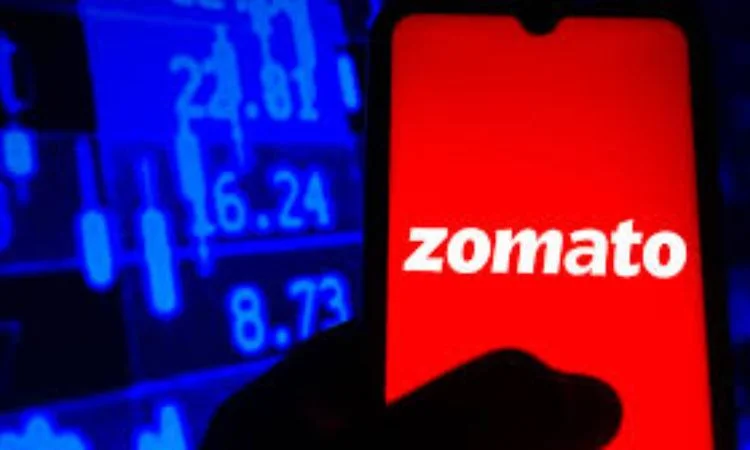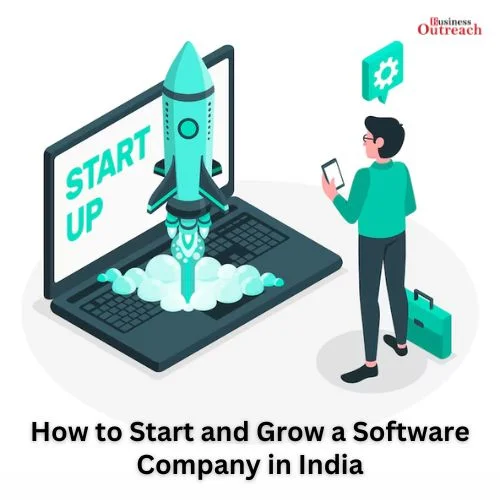This is a landmark achievement for the Indian startup ecosystem, with Zomato becoming the first Indian startup to be inducted into the Bombay Stock Exchange (BSE) Sensex 30. It is the index of India’s top 30 companies. This marks a new era for Zomato and sets precedence for other startups who aim to achieve similar recognition in the financial markets.

PC: NDTV
Transition to Sensex 30
Zomato’s entry into the Sensex 30 comes at a time when the foodtech behemoth has been showing aggressive growth. The company supplants JSW Steel Limited in the index, reflective of its performance over the last year. Zomato’s stock has appreciated remarkably, with its six-month return standing at 38% and, more impressively, the year-to-date return sitting at 124.79%. This has culminated in the stock rising 114.29% over the last year.
Although it performed very well, Zomato’s stock did take a 3.15% hit on the first day of inclusion, trading at ₹278.70 with a total market capitalization of around ₹2.68 lakh crore or $31.9 billion. The decline is an example of volatility that typically accompanies new inclusions into major indexes.
Strong Financial Performance
Zomato’s second-quarter financials of the ongoing fiscal year further underscore its growth trajectory. The company managed an impressive 68.5% quarter-on-quarter increase in operating revenue to ₹4,799 crore from ₹2,848 crore from the previous quarter. While the company also reported net profit of ₹176 crore and reflected a 4.8X increase, its ability to not only create revenue but also enhance profitability is noteworthy.
Contrasting to this, Swiggy, the main competitor of Zomato, achieved a revenue of ₹3,601 crore but incurred a net loss of ₹625 crore for the same period. The contrast in performance highlights that Zomato is significantly placed in the market with its efficient operations in the competitive food delivery market.
Strategic Investments and Future Outlook
Zomato recently raised $1 billion from QIIs, giving the company a good deal of money to invest and expand its business opportunities in the future. The company needs this capital infusion because it continues to expand its operations and explore new avenues, such as potential acquisitions and technological enhancements.
The inclusion in the Sensex is seen as a validation of Zomato’s innovative strategies and willingness to take calculated risks. The company’s aggressive approach, including the acquisition of Blinkit and bold marketing strategies, has well positioned it within the competitive foodtech landscape. Investors have responded positively to these developments, which have reinforced the company’s high valuations and growth expectations.
Zomato’s entry into the Sensex 30 is a significant milestone not only for the company but for the entire Indian startup ecosystem. It demonstrates the potential for startups to achieve recognition and stability in the public markets, paving the way for others to follow suit. As Zomato continues to grow and innovate, the big question remains: what will be the next steps for this pioneering firm?
In a nutshell, the fact that Zomato has featured in the Sensex 30 for so long says a lot about its phenomenal growth, strategic vision, and the increasing acceptance of startups in mainstream financial markets. This is a reflection of the changing Indian entrepreneurship landscape and an inspiration for emerging companies looking to achieve success in the global market.















